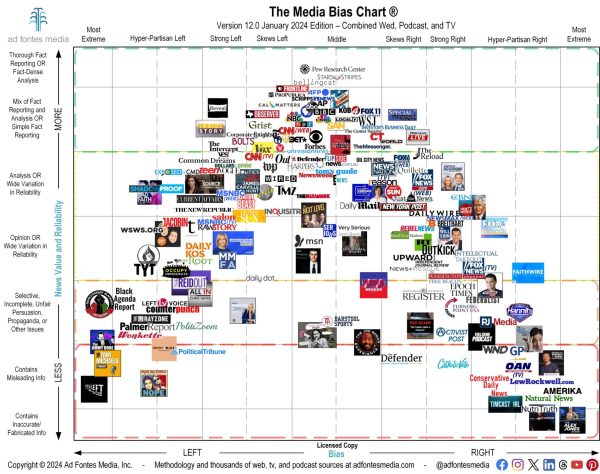Individuals Involved in the College Admissions Scandal Should Be Held More Accountable
In the most recent and perhaps largest college admissions scandal, more than 50 people have been charged with paying for their children to attend elite universities, including Yale, University of Southern California and Georgetown. A nationwide case is following this discovery after athletic coaches, test administrators and colleagues of William “Rick” Singer—the leader of this operation— were said to have been heavily involved in getting these students into the universities. Prominent figures, including Felicity Huffman, Lori Loughlin and Mossimo Giannulli, along with their daughters Isabella and Olivia Jade, have been facing the recent repercussions of the bribery. On April 3, Huffman, Loughlin and Giannulli appeared in the federal court in Boston. While Loughlin was walking into court, she happily greeted fans, took pictures and signed autographs. In a world where the rich and famous generally face more advantages and can more easily access what they want, this incident stresses the need to hold people who take advantage of their opportunities more accountable, especially when they are interfering with the successes of young adults during such a stressful process.
In the incident involving Olivia Jade, her parents arranged for a photoshopped photo of herself on the USC crew team. For those parents who have paid for their children to pretend to be on sports team, they have taken a valuable spot away from a student athlete who had been training their whole life to earn a position, yet instead, these students who have resources given to them were placed in this position without actually working for it. The battle between those who have to work for what they want and those who get what they want handed to them is prevalent even in college acceptances. Privilege from wealth is not absent in the college process.
For parents who have payed to change their children’s tests scores, these actions are completely unfair and take away from the countless number of students who spent hours preparing for and taking the exams, many of whom may not have even ended with a score they were not proud of. Everyone does not have the opportunity to fabricate a falsified score if they did not receive their ideal score. Part of becoming an adult is facing one’s failures and dealing with the consequences, but many members of the upper class appear to avoid this at all costs. Applying to college is a very stressful process for both students and parents, and families have placed significant trust in members of college admissions, but this scandal violates that trust.
Additionally, the stress that derives from society’s fixation on getting into top colleges often drives irrational behaviors. Moreover, the recent push to not require students to send SAT or ACT scores should facilitate the ease of applying to schools during a time where student anxiety regarding the college process seems to be at an all-time high. With a record number of student applicants and record low of acceptance rates at top-tier universities, the college admissions process has become anxiety-producing and nearly out of control. This one incident does not stand alone with regard to larger issues that must be handled. The recent scandal has brought light to the unfortunate scenarios that most likely happen all the time, and this is the perfect opportunity for society to acknowledge—and hopefully try to alleviate—the stress of the college process instead of moving on without addressing their mistakes. The college process in general undoubtedly has its flaws, and admissions officers and the community should work to solve these and crack down on instances of bribery as getting into college becomes harder and harder. Such anxiety and the obsession of many to go to a school based on its name alone has caused many people to seek such drastic measures, and society should not be so focused on letting a name define success.
As for the punishment of the individuals themselves, the individuals involved should be charged—despite their status or wealth—and should serve time for their actions. Neither Loughlin nor Huffman entered a plea on April 3. Despite their status, they should still serve significant jail time, as the maximum sentence is five years. Moreover, Giannulli and Loughlin were released from their arrests on $1 million bond, and Huffman was released on a $250,000 bond, which sets a precedent for the severity of the cases, and it appears that the repercussions are being heavily considered. Connections and wealth have immensely helped many students gain an edge in the legal process, but their actions should not go unpunished and should not be forgotten about. The entire institution is not to blame, yet the individuals associated with the college who were involved still taint the reputation of the entire school and should be punished adequately.
They severity of the scandal seems to be more focused on the status of the individuals involved rather than the real issue at hand: individuals taking advantages of trusted college admissions only adds on the the already stressful process. Due to their entitlement from their wealth and status, many individuals bought their spot at an elite college and were able to affect the outcome in a process where so many people have to rely on their years of hard work and luck. As teenage anxiety regarding the college process heightens, these people need to be held more accountable.

Molly O'Connell, class of 2019, is an Editor-in-Chief for The Rebellion. In school, she is a part of National Honor Society, Latin Club, and Student Council....












